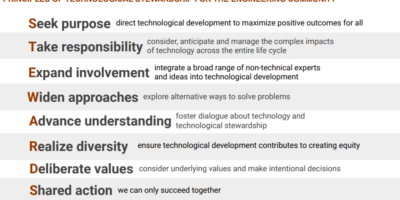It has grown to become a staple in the Canadian diet. From the side of bacon with our eggs for breakfast, to burgers on the BBQ for dinner, meat dominates almost every meal of the day; culminating in a world where we raise over 10 billion animals a year for consumption.
The amount of meat we consume today is a lot more than what our grandparents did at our age. We now support a diet where the amount of meat is double what it was in the 1950’s. This huge increase in the demand for meat has caused radical changes in the farming industry and on our planet.
The image of a small town farmer working to produce food is no longer true for most operations. Due to the need for increased production, traditional, family owned farms have been transformed into corporate owned operations where animals are raised in high density areas. These concentrated animal feed operations (CAFOs) raise large groups of animals in small areas of land to increase profit margins. The results are detrimental for animals and humans alike.
Animals are more stressed in these environments and human laborers are paid low wages to keep the cost of production low. In addition, the high corn content feed that is fed to the animals increases the amount of disease outbreaks like E.Coli. This is most common in cattle because they are accustomed to a largely grass-based diet and their stomachs cannot handle the large amount of starch from corn. But since corn is a cheap and largely subsidized commodity, it is still used in cattle feed because it lowers the cost of production. Decision-making based purely on profit margins is very common in corporate farming and also victimizes the environment.
The cost of raising over 10 billion animals each year for meat production has the greatest impact on the environment. Meat production causes more emissions than all of the world’s transportation combined! In addition, beef production requires close to 100 times the amount of water that the same amount of vegetables would. This detrimental ecological footprint, as large as it is now, is only increasing as the world’s population continues to grow.
Animals that are raised the traditional way, in large, grassed areas, offer a vastly better alternative. Raising animals without CAFOs creates a self-sustaining system if there is sufficient land to support the animals. Once the grass is eaten in one area, the animals migrate to another area and the grass begins to regrow with the help of nutrients from the animals’ manure. Free range animals such as chickens are also found to contain less saturated fat than chickens that don’t have the same privileges. In fact, some athletes are vegetarians because of the health benefits and the increased energy that they have.
But, the raising of animals for consumption does still play an important role in our lives. There are essential nutrients that the human body cannot make that are only found in meat. The fertilizer from raising livestock is also essential to replace nutrients in soil that grow fruits and vegetables. Also, in some situations, meat is the only reliable food source. Being vegetarian also takes careful planning and a strong commitment to maintain a healthy lifestyle.
So, even though most of us cannot cut out meat entirely right now, knowledge is a great tool at our disposal. Knowing where your food comes from and rewarding small operations that raise animals the right way can improve your health and push sustainability forward.
What we choose to buy at the supermarket is no longer just a battle between unhealthy and nutritious by choosing to eat chips or carrots. The choices we make every weekend at the supermarket, now have huge implications for human rights, the environment, and animal rights. Choosing meat that is raised properly combined with a reduction of meat by a few portions in our meals could go a long way to improving overall health, helping the environment, and supporting sustainability.







Leave a Reply